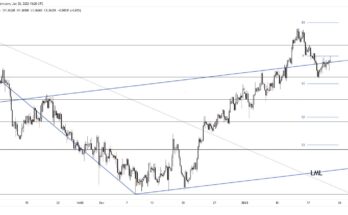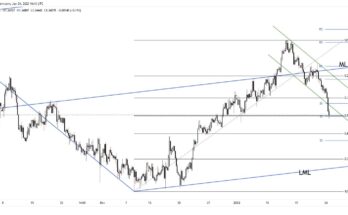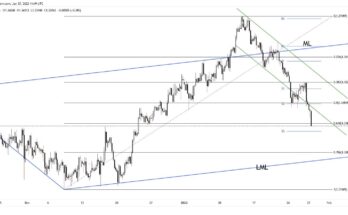The focus has been squarely on emerging markets over the last week, with one of the catalysts being the China PMI data released nearly a week ago. But the fightback against higher inflation and falling currencies has continued overnight. Yesterday it was India putting up interest rates and late in the US session it was Turkey, with their emergency policy meeting resulting in a substantial increase in interest rates.
The effective rate change was 2.25%, as the central bank shifted the effective rate from the old marginal lending rate to the new repo rate, so there are some different numbers being thrown around. The move did allow for a more settled feel to FX markets, the Turkish lira up nearly 5%, the yen losing some of its safe haven premium and the Aussie dollar also rallying a little into yesterday’s close.
The focus falls onto South Africa today where the central bank meets, but the same strains are not being seen there, with inflation more contained. Although the currency has been weakening through January, it is off the lows, but country remains reliant on overseas capital given its ongoing current account deficit, so vulnerabilities remain. As we suggested yesterday, we don’t expect this latest bout of EM nervousness will derail the Turkey’s thinking that tapering should continue at a measured pace.
The announcement from their two day meeting is due at 19:00 GMT today, where we would expect to see a further USD 10bln of tapering of the monthly amount of bond purchases. Finally, note that the New Zealand central bank also has an interest rate decision at 20:00 GMT. Rates are seen steady, but there are some risks for a tightening or a change in tone in the accompanying statement. Either could easily move AUDNZD back to the 1.05 level which was briefly touched last week.
Further reading:
EUR/USD: Trading the US Advance GDP
UK GDP hits strongest growth rate for six years



